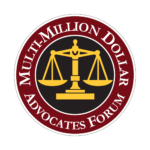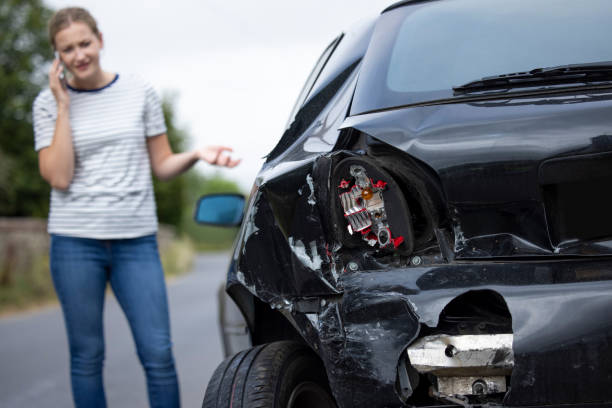When you go to the grocery store or visit a friend’s apartment complex, no one ever expects to be injured while on the premises. However, accidents can and will happen. That’s why Florida law holds property owners liable when visitors are injured at their home, business or other property (under premises liability law). Property owners have a duty to maintain their property in a safe condition for guests and even trespassers in specific situations.
Florida law classifies victims in one of three ways: invitee, licensee or trespasser. The duty of care the property owner owes to each class depends on their legal classification. Property owners owe the highest duty of care to people they invite onto their property for business or personal reasons. They owe the lowest duty of care to trespassers who come onto their property illegally.
Invitee: This is a person who enters a property owner’s land in order to transact business in which the parties are mutually interested or in response to the landowner’s express or implied invitation. Property owners owe the highest level of care to invitees. Property owners must keep their property in a safe condition and either repair or provide notice of any known dangers on the premises. As part of their duties, the owner must regularly inspect the property for conditions that would harm invitees. Therefore, owners could be held responsible for injuries that result because of dangers owners should have identified and corrected.
Licensee: This person enters and stays on a property owner’s land for the owner’s convenience or to advance his interests, with that individual’s permission and consent. This includes social guests. These are afforded the second-highest standard of care. They are typically social guests like friends, family members or the like, and include events like birthday parties or other social celebrations. They can also include uninvited guests like a neighbor stopping by for some sugar. Property owners must keep their property in a reasonably safe manner and fix unsafe conditions. They must also warn of dangers that they know about. The Florida Supreme Court defined licensees in Stewart v. Texas Co., 67 So. 2d 653, 654 (Fla. 1953).
Trespasser: This is someone who enters onto another person’s property without that landowner’s consent or knowledge. Under the “discovered trespasser’s rule,” if a landowner knows that a trespasser is on his property, he must exercise reasonable care for that individual’s safety.
Even though a trespasser doesn’t have permission to be on the property, the property owner still owes them a limited duty to prevent reckless or intentional injury. An example of this is if a homeowner sets up a rigged gun to protect his property against trespassers, which is a life-threatening situation.
The case Post v. Lunney, 261 So. 2d 146, 147 (Fla. 1972), describes a trespasser as someone who “enters the premises of another without license, invitation, or other right, and intrudes for some definite purpose of his own, or at his own convenience, or merely as an idler with no apparent purpose, other than perhaps to satisfy his curiosity.”
It is important that your lawyer know the difference between each classification and understand there are certain defenses that property owners and their insurance companies use to avoid liability. One of the most common defenses that may be used to defeat your premises liability claim:
The dangerous condition is open and obvious. Property owners don’t have a duty to warn customers, guests, or trespassers about open and obvious dangers. Only concealed dangers require warning. For example, a Florida plaintiff who tripped over a curb in a Wal-Mart parking lot tried to collect damages for her injuries. A Court could rule that the curb was open and obvious, and that Plaintiff will not be entitled to compensation for their injuries. One of the exceptions to the “open and obvious” defense is foreseeability. If the property owner knew this allegedly “open and obvious” condition had injured people in the past then the property owner knew of a danger and had a duty to correct that danger.
The plaintiff contributed to his own injury. Like with all Florida negligence claims, premises liability plaintiffs can’t always recover damages if they contributed to their own injuries. Florida is a comparative fault state, which means that the amount of damages plaintiffs receive is reduced by their own percentage of fault.
See Blog on Comparative Fault.







4 Comments
Phone Tracker Free
When you have doubts about your children’s activities or the safety of their parents, you can hack their Android phones from your computer or mobile device to ensure their safety. No one can monitor around the clock, but there is professional spy software that can secretly monitor the activities of Android phones without making them aware.
zoritoler imol
What i do not realize is in truth how you are no longer actually much more well-preferred than you might be now. You are very intelligent. You realize therefore considerably on the subject of this topic, made me personally believe it from a lot of varied angles. Its like men and women don’t seem to be interested except it is one thing to accomplish with Lady gaga! Your personal stuffs nice. All the time maintain it up!
binance code
Your point of view caught my eye and was very interesting. Thanks. I have a question for you.
Darmowe konto na Binance
Can you be more specific about the content of your article? After reading it, I still have some doubts. Hope you can help me.